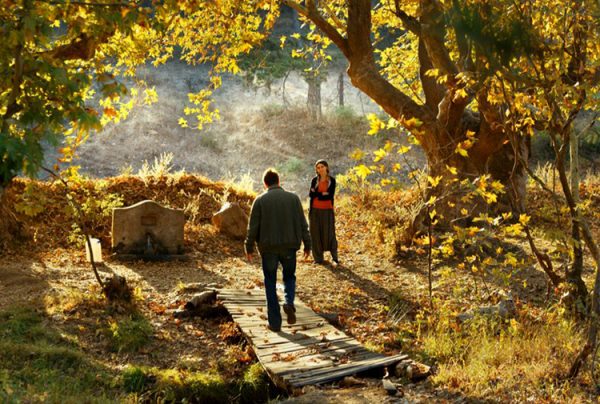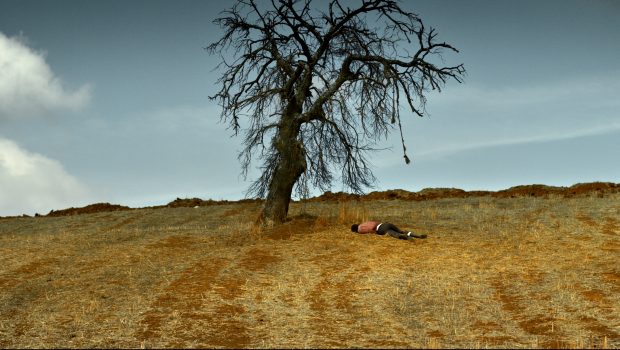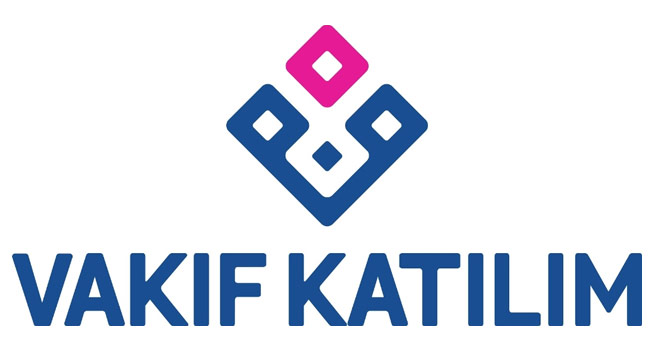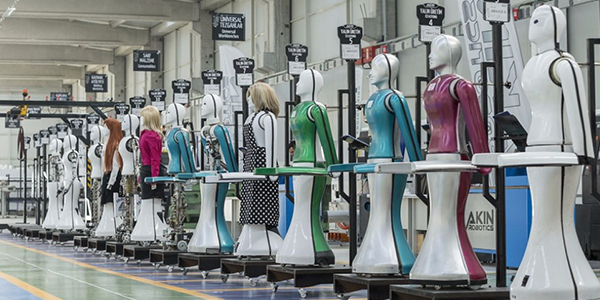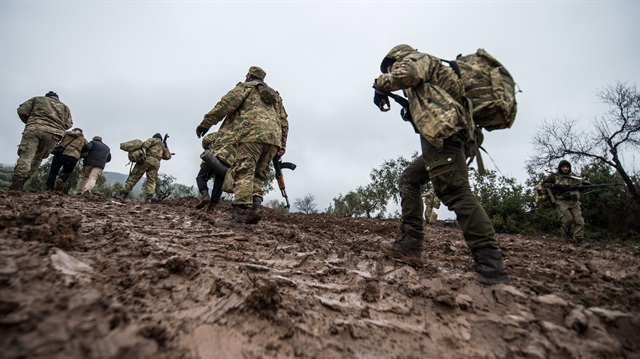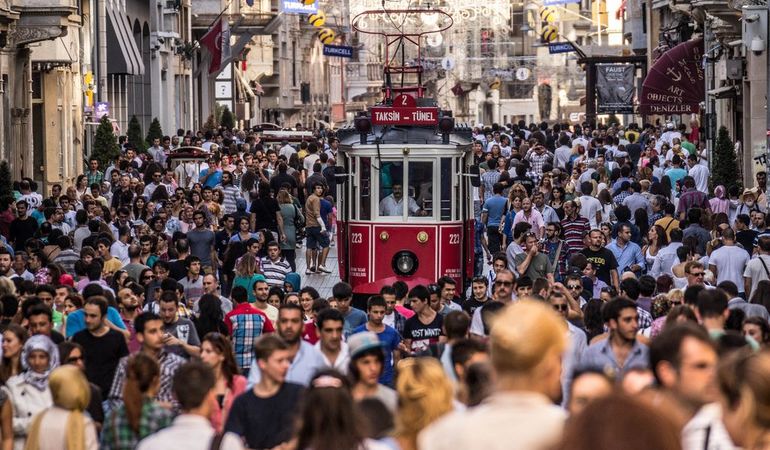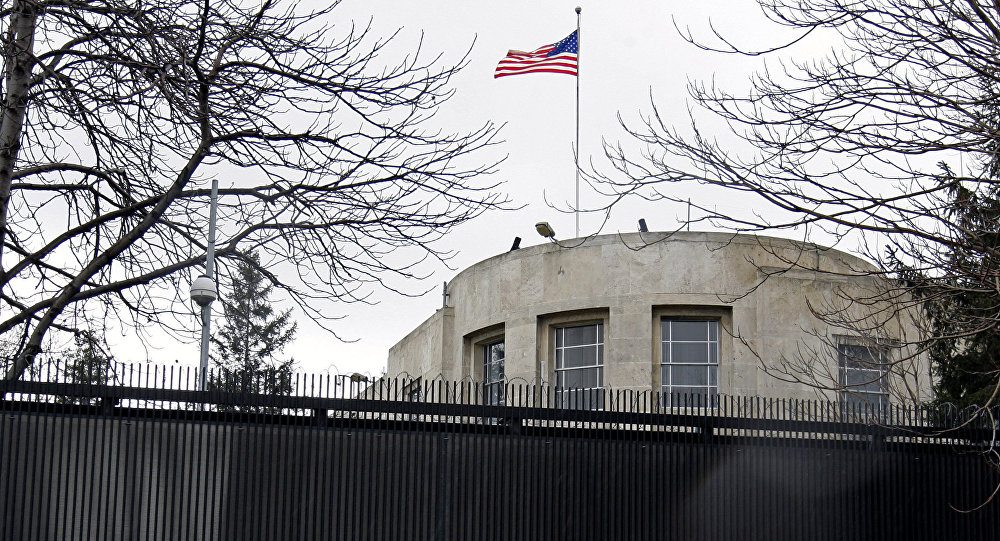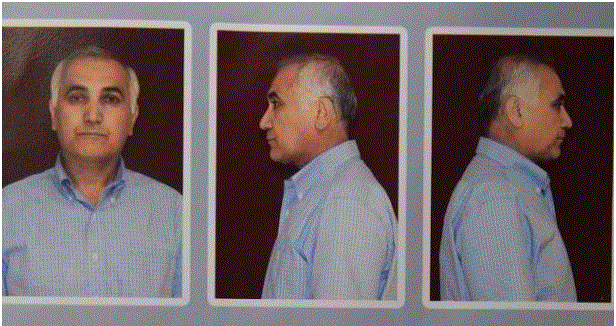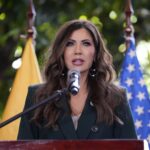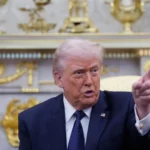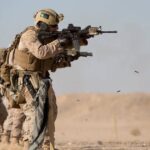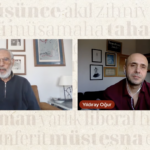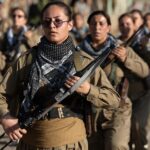Those of whom I complain are not the peddlers of spurious panaceas for peace… but those who would impose upon states in the name of law their own subjective conceptions of justice. As is so often the case with the righteous, deeply convinced of the righteousness of their cause, their impulse is to “snatch the knotted cords
from the hand of God and deal out murderous blows.” These blows are usually directed against the weak by suborning the subjectivities of the strong. This process also furnishes the fig leaf of legal respectability for otherwise naked aggression. (1)
The NYT editorial staff, after the initial two editorials published two weeks apart in April and May 2014, seemed to feel that enough was said, and no staff editorial concerning Turkey appeared during June or July 2014. But the Turkish presidential election immediately inspired another round of invective even more intense than the previous two. On 18 August, only a week after Erdoğan’s eminently predictable victory in Turkey’s first-ever presidential election by popular vote, the NYT editors published a statement that in just its second sentence labeled Erdoğan as “ruthless,” and asserted that he had “cowed” the Turkish opposition, “which was weak to begin with.” Those who know anything about Turkish history and politics need not read any more before gaping with surprise: what country are they referring to?
You see, the entire Turkish state apparatus — military, police, civilian — has been geared, since the 1920s, specifically to prevent the emergence or potential success of a political movement like the AKP (the Justice and Development Party). Only strong domestic discontent and the international political conjuncture had forced the Kemalist one-party state to relax its rules in the immediate aftermath of World War II so as to allow opposition parties. Particularly strong was the authoritarian secularism imposed from above by the modernizing nation-state — a Turkish nationalist version, many might say, of the even more draconian developmentalism of the Communist régime in the Soviet Union. Thus the first Turkish opposition party to show any empathy whatsoever for popular religious feeling was the Democrat Party of 1946-1960 — which was duly shuttered with the 1960 coup; its leading echelon was put on trial on basically trumped up charges, and (speaking of ruthlessness) three of its most prominent figures were actually executed, including PM Adnan Menderes.
Nevertheless, such was the pressure from below on achieving at least a degree of democratic representation for Islam and the believing majority of the electorate, that by splitting off from the main trunk line of the center right, the first directly Islamist political parties began to emerge in the early 1970s. They were tolerated in so far as they were an outlet for popular demand for such political alternatives, but also watched very closely by the state for the first signs of “violating secularism” that could then be used as a pretext for bhaving them closed down by the Constitutional Court. Still, they kept growing, so that after the 1980 coup, the Turkish military decided to try a different route to head off the “Islamic Threat” by devising an ideological framework for systematically subordinating Islam to state nationalism — the so-called Turkish-Islamic Synthesis. But the Turkish people did not go for this “loyal Islam” or “His Master’s Islam” version, against which the genuinely Islamic Welfare (Refah) Party of Necmettin Erbakan was strongly elected into the Turkish parliament in the early 1990s. In 1996 the Welfare Party, through coalition wrangling, actually ended up forming the government. The Turkish military, unhappy to see an openly religious premier, issued an ultimatum, referred to as a “light coup” or a “post-mdern coup” on the day, that meant the end of that experiment in February 1997. In the process, current president Tayyip Erdoğan was sentenced to jail and banned from politics for reading a poem by the seminal Turkish nationalist intellectual Ziya Gökalp. This was a rather transparently deliberate attempt to decapitate a rising new Islamic leadership.
Thus the reality is not quite like the NYT editors would have it. First, it is Kemalist ideology and politics that have long been authoritarian and even dictatorial in 20th century Turkish history. Second, despite vehement, decades-long opposition from such Kemalist-dominated state institutions, it is popular support and a long political learning process that have got the AKP to where it is today. In contrast, it is the CHP that, as the party founded by Mustafa Kemal in the early 1920s, after a brief period of relative democratization in the early 1970s, and after being closed down by the military in the 80s, has re-formed to fully embrace the original party’s authoritarian modernist “civilizing mission” ideology, legacy, and voting blocHence it is that even today, the CHP remains attuned to, and aligned with, not really popular but Turkish state institutional opposition to what the AKP represents. Implicitly that means they identify with the military, the bureaucracy, and the judiciary, and that in turn means that they identify with the traditional, meaning the Unionist-Kemalist Turkish elites. That is emphatically not weak but a potentially dangerous kind of opposition in realpolitik terms. It does make the CHP electorally weak. This is because their appeal to Turkish voters has come to be limited to exactly those traditional Republican-secularist elites plus some other segments of the Turkish population, like the heterodox Alevis, who feel threatened by the orthodox sunni AKP. The CHP, because of their one-party origins and their underlying affinity with the military-bureaucratic “deep state,” has never had to learn how to function as a real political party in a modern mass democracy. Until they learn how to do that, their electoral results will be weak — and not because of any “ruthlessness” on the party of any genuinely civilian, democratically elected party like the AKP.
Goıing back to the NYT editorial of 18th August 2014, that same first paragraph of the column ends with two more sentences which give pause. They first assert that Erdoğan’s victory margin was “not as big as many predicted.” This is true only when compared with the most unrealistic pro-government predictions that Erdoğan might garner 60 percent of the vote, but not so much when set against much more reliable and respectable that saw him getting 54-55 percent. In the event, he got 52 percent to win easily on the first round. Apparently, the NYT editors were influenced by the “gotcha!” narratives emerging from the Turkish opposition concerning the election result. In reality, the opposition was trying desperately to turn yet another heavy defeat into a semblance of victory. Whether Erdoğan got 52 percent or 56 percent did not really matter in a three-way race (which the editorial neglected to mention). Furthermore, as Cengiz Alğan, an independent commentator, pointed out in an essay published in Serbestiyet (2), the result was actually more like 62 percent to 38 percent because the ten percent that went to the HDP’s (i.e. the Kurdish party’s) Selahattin Demirtaş was also a vote for change and against the CHP.
Still, it is the last sentence of the column’s first paragraph that I find most disturbing. This is where the editors state that “Mr. Erdogan and his ambitions have created new uncertainties for his country and the United States and other NATO members who depend on Turkey to be the bulwark of the alliance’s eastern front.” My academic specialty is Turkish-U.S. relations. In the fifteen years since I moved to Istanbul, the only narrative that I’ve witnessed concerning Turkish-US relations is that “the sky is falling!” (3) Over and over, time and again, no matter the reality of the situation, so-called “analyses” of Turkish-U.S. relations have consisted of fretful (or should I say gleeful) hand-wringing about the latest crisis, mostly not real but imagined. Whether it is the Turkish press, the U.S. press, or think tanks and intellectuals on both sides, the theme is almost always how horrible the current situation is and whether the partnership can be rescued. This is wishful thinking on the part of those who might prefer to have yet another military takeover in Turkey supported, in Cold War fashion, by Washington. Calmer analysts note that the geostrategic importance of Turkey to U.S. security has, if anything, increased since the end of the Cold War, but one rarely hears that perspective. Turkey’s security and economic interests, though now more diversified than during the Cold War, still benefit fundamentally from the relationship with the U.S., with NATO, and with the EU. And AKP politicians, including not only Erdoğan but also PM Davutoğlu, key minister Ali Babacan, and a number of others, have repeated countless times over the years that Turkish accession to the EU is a vital and unchanging goal for them.
Consequently, I no longer take such fear-mongering rhetoric about the Turkish-U.S. relationship very seriously. I do, however, find it disturbing when the premier daily publication in the U.S. does not display greater care for the truth in this regard. The language used by the NYT editors in their April 2014 editorial was disconcerting because it labeled Erdoğan as some sort of political enemy. The 18 August editorial is disturbing because it questions Turkish fealty to NATO. So let me be clear: Turkish membership in NATO is under no threat, and there is no doubt that Turkey remains, as the NYT puts it, NATO’s “eastern bulwark” as it has been since 1952.
Moving on. The second paragraph in the editorial then addresses the role of the presidency in Turkey, using terminology that darkly suggests that Erdoğan is planning to create some sort of dictatorial capacity out of his new position. Here the editors seem to be unaware of three problems. The first has to do with what the presidential position in Turkish politics represents, even though the editors do note that it has traditionally been “largely ceremonial.” In fact, the role of Turkish President was first filled by Mustafa Kemal Atatürk, and was subsequently filled by someone whom the Turkish military and state elites would be willing to accept as representing Atatürk’s legacy. It was for that reason that the Republican elite raised an uproar when Turgut Özal acceded to that position in the late 1980s. This is also why Abdullah Gül’s candidacy for and subsequent election to that position in 2007 precipitated such a political crisis. Simply put, Çankaya Hill has been seen as a military-bureaucratic, non-elective stronghold, and Kemalists could not bring themselves to accept an unworthy, plebeian commoner in the chair once occupied by Atatürk. Thus the Turkish Presidency, though largely symbolic as the NYT editors, too, suggested, is extremely important for Kemalists — important enough for them to begin muttering about the need for the Turkish Armed Forces “to take matters in hand.”
Secondly, the AKP’s real aim in relation to the Turkish Presidency is to turn it into a role similar to that in the U.S. That’s right, the role model is the United States of America. Neither is this a secret; on the contrary, over the years it has been repeatedly voiced by various members of the AKP, including Tayyip Erdoğan in particular. I assume that the NYT editors would not really want to tell Turkish politicians that they should not take the U.S. political system as a template. Otherwise put, they might not want to be in the position of having to argue that the American system is some kind of dictatorship.
Most important, however, is the statement that the editors began that paragraph with, referring to “… the institutional checks and balances that are essential elements of any real democracy.” Here is the crux of the matter. Why? Because Turkey has never had a system which featured functioning and genuinely democratic checks and balances like those in the U.S. Instead, the checks and balances that Turkey did have were more in the nature of so many shackles imposed by the military-bureaucratic establishment on electoral democracy and parliament. Actually, therefore, Erdoğan and the AKP are in the process of trying to found and establish those checks and balances against bitter opposition from those in state institutions that have benefited from the lack of those checks and balances over the past ninety years. To repeat: Until recently, the Turkish military and state institutions were the self-appointed checks on the popular will of the Turkish citizenry; now it is the AKP is trying to establish real checks and balances based on applying both the letter and the spirit of the law. In turn, this means that various state institutions, and powerful members of those institutions, are being forced to accept curbs on their prerogatives. Yes, this also means that the traditional attitudes of the Turkish military, and their supporters in state institutions and among the intelligentsia, reflect a fundamentally anti-democratic weltanschauung.
Mr. Taft, on becoming Chief Justice in 1921, made it a first order of business to get under way the new Supreme Court Building, facing the Capitol across the park. Justice Brandeis was strongly opposed and never moved into the offices set aside for him. He found more than symbolic importance in having the Supreme Court midway between the Senate and the House, almost directly under the dome of the Capitol, accessible to the main flow of life through the old building. He thought it a great mistake to give the Court, the other branches of government, and the country the sense of its aloofness which came from setting it apart in a palace of its own. (4)
(to be continued)
NOTES
(1) Dean Acheson, Fragments of My Fleece, p. 157. Acheson uses a quote from British-American poet William McFee’s Casuals of the Sea.
(2) “62’ye 38: ‘Yeni’ ve ‘Barış’ Kazandı” (“62-to-38: A Victory for ‘the New’ and for ‘Peace’”), 13 August 2014.
(3) I would like to reiterate a point that I made earlier. There are a number of commentators who assert that Turkey was once seen as a role model for democracy in the Eastern Mediterranean. On that basis they argue that the behavior of the AKP, and most specifically Tayyip Erdoğan, has destroyed that previous impression. One thing they really mean is that Kemalist, secularist Turkey was once seen as a bastion of Western civilization (which is not really the same thing). A second implication is that the AKP was initially democratic but then betrayed this promise. It is true that here was a period right after the U.S. invasion (on false pretenses) of Iraq when some American neo-conservatives stated that they were going to bring democracy to the Middle East, and that Turkey under the AKP was their model for the region’s democratic potential. But this was a phenomenon closely linked to a specific political conjuncture. At no time was the dominant image of AKP Turkey in the international press — or in the realm of think tanks and academic journals — as rosy as some pundits now claim. An air of deep suspicion was always present in the English-language press and academic articles written about the AKP and Tayyip Erdoğan.
4) Dean Acheson, Morning and Noon, p. 57.
Yazıyı beğendiysen, patronumuz olur musun?
Evet, çok ciddi bir teklif bu. Patronumuz yok. Sahibimiz kar amacı gütmeyen bir dernek. Bizi okuyorsan, memnunsan ve devam etmesini istiyorsan, artık boş olan patron koltuğuna geçmen lazım.
Serbestiyet; Türkiye'nin gri alanı. Siyah ve beyazlar içinde bu gri alanı korumalıyız. Herkese bir gün gri alanlar lazım olur.




